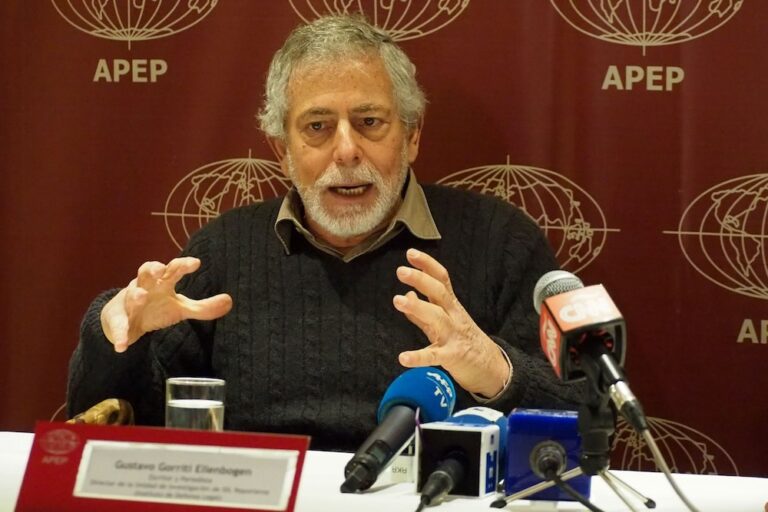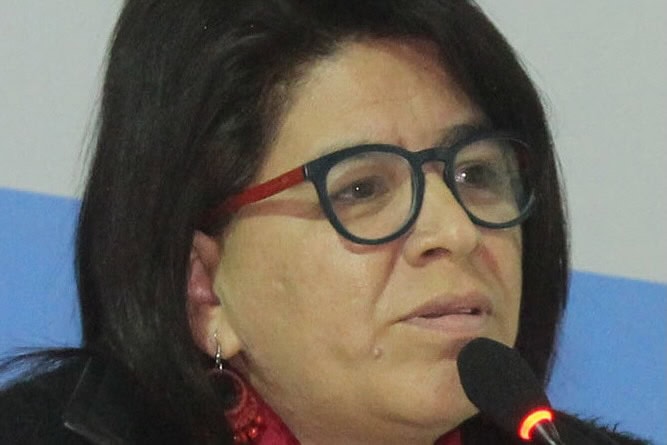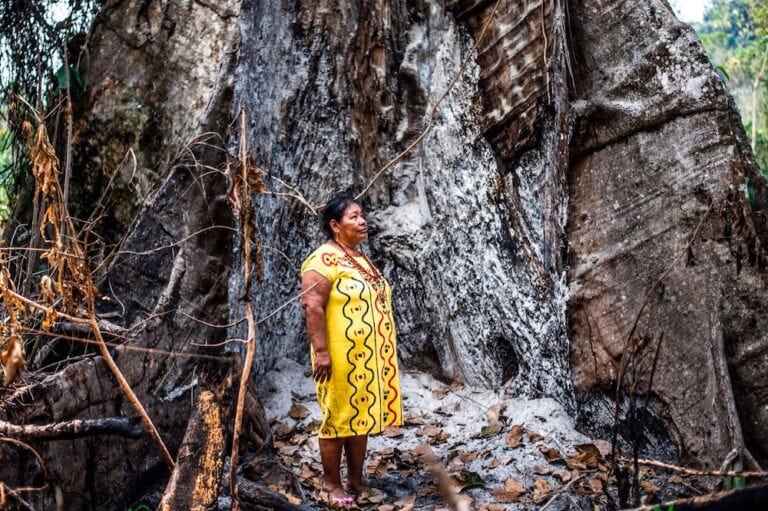(IPYS/IFEX) – A draft law which proposes to regulate the seizure, interception and supervision of communications and telecommunications, as well as to force journalists to reveal their sources, has been put forward by Congress’ Defense Committee, which is presided over by member of Congress Martha Chávez. According to IPYS, this initiative has been shown to […]
(IPYS/IFEX) – A draft law which proposes to regulate the seizure,
interception and supervision of communications and telecommunications, as
well as to force journalists to reveal their sources, has been put forward
by Congress’ Defense Committee, which is presided over by member of Congress
Martha Chávez. According to IPYS, this initiative has been shown to be
unconstitutional because it violates constitutionally-protected rights of
the profession.
In effect, Articles 6 and 7 of the draft law refer to the fact that the
seizure, interception and supervision of communications can be authorised by
way of a search warrant. However, these articles do not specify an
exhaustive list of cases which would justify this type of procedure. The
draft law, which carries the signatures of, among others, Chávez and members
of Congress Samuel Reynafarje, Anastasio Vega, Daniel Zevallos and Alejandro
Abanto, also supports the notion that professional confidentiality could be
waived in cases where the information in question is related to certain
predetermined investigations.
In the opinion of IPYS, the Press Council (el Consejo de la Prensa), the
Foreign Press Association (la Asociacion de Prensa Extranjera), journalists’
unions, political figures and a large sector of the Peruvian press, it is
clear that passage of this draft law would interfere with Article 2, Clause
18 of the Constitution, which states that all persons have the right to
maintain privacy with regard to their religious and philosophical (etc.)
convictions, as well as the right to maintain professional confidentiality.
Furthermore, its passage would affect the practice of journalism with
respect to betraying the trust of news sources, a result which would damage
the honour of the profession and in the future could result in journalists’
refusal to inform, which in turn would seriously affect the right of the
public to be informed.
It is to be noted that debate on the draft law could have begun as early as
the next plenary session, which took place on 13 January 1999.
Some members of the Executive have shown their disagreement with Chávez’
draft law. The ex-Premier and current Minister of Transportation and
Communications, Alberto Pandolfi Arbul, suggested that, in spite of not
being very well informed on the draft law, he has always been of the opinion
that journalists should not be required to
reveal their sources. President Fujimori denies the existence of this draft
law and indicated that the media should not be at all concerned as neither
the government nor the Congress has any interest in affecting freedom of the
press.
Recommended Action
Send appeals to authorities:
which guarantee freedom of the press and freedom of expression are respected
Appeals To
Dr. Ricardo Marcenaro Frers
President of the Congress
Fax: +511 426 8290Alberto Fujimori Fujimori
President of the Republic
Fax: +511 426 6535Jorge Santistevan de Noriega
Ombudsman
Fax: +511 426 8290
Please copy appeals to the source if possible.


